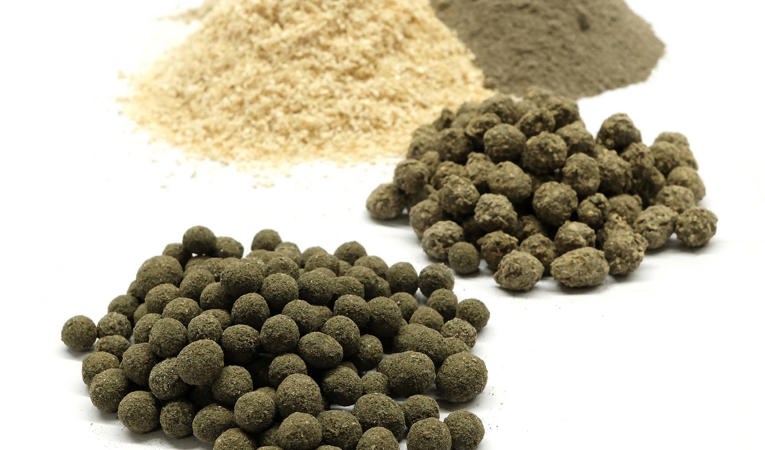- Projets de recherche : /it/ricerca-applicata/istituti-di-ricerca-e-sviluppo/energy/projets-de-recherche/
- Infrastructure : /it/ricerca-applicata/istituti-di-ricerca-e-sviluppo/energy/infrastructure/
- Equipe : /it/ricerca-applicata/istituti-di-ricerca-e-sviluppo/energy/equipe/
- Agenda : /it/ricerca-applicata/istituti-di-ricerca-e-sviluppo/energy/agenda/
- Notizie : /it/ricerca-applicata/istituti-di-ricerca-e-sviluppo/energy/notizie/
- Projets de recherche : /it/ricerca-applicata/istituti-di-ricerca-e-sviluppo/energy/projets-de-recherche/
- Infrastructure : /it/ricerca-applicata/istituti-di-ricerca-e-sviluppo/energy/infrastructure/
- Equipe : /it/ricerca-applicata/istituti-di-ricerca-e-sviluppo/energy/equipe/
- Agenda : /it/ricerca-applicata/istituti-di-ricerca-e-sviluppo/energy/agenda/
- Notizie : /it/ricerca-applicata/istituti-di-ricerca-e-sviluppo/energy/notizie/
ECON-BioLA - New Ecological CONcretes based on low-energy BIO-based artificial Lightweight Aggregates with multifunctional properties

Summary
Buildings and neighborhoods: energy efficiency and environmental impact
Smart Living Lab
Jacques Robadey
Skills directory
April 2021 - December 2022
Building on novel low-energy lightweight aggregates recently developed by cold-bonding of local by-products, the proposed project aims to develop new ecological lightweight concretes optimized for the multifunctional requirements of lightweight timber-based construction, as defined within a holistic environmental performance research and development framework.
Concretes fulfil structural and non-structural roles in almost every type of building, including in lightweight timber-based construction. Produced on demand by embedding granular materials in a fluid matrix that hardens over time, these pourable composites can be formulated for specific applications and produced in the amounts required by individual projects.
In principle, widely different concretes can be obtained by varying constituents and proportions. Since aggregates constitute the bulk of the material (around 80 Vol.-%), their characteristics significantly bound overall performance. In practice, this means that the range of concretes potentially available in a given market is limited by the range of aggregates that can be sourced in it.
Globally, the project aims to contribute to further reductions of the carbon footprint of lightweight timber-based buildings, through multidimensional optimization of pourable concrete materials used in them for building-physical and structural purposes, considering holistic evaluation of the material’s contribution to the full-lifecycle performance of the building in real application scenarios.
Application-relevant responses being essentially dictated by their aggregate skeleton, development of these optimized concretes entails the functional tuning and prototype validation of new low-energy lightweight aggregates recently developed at HEIA-FR by cold-bonding of local by-products, and the concurrent development of compatible binder matrices, in order to achieve the expected carbon footprint improvements at the material, component and building level.
Energy Systems: Environmental impact of new and existing timber-based buildings both in terms of embedded energy and operational thermal performance. It builds on the projects: Smart PCM walls, IL-PCM and Set Up Pro projects.The purpose is to investigate the potential of integrating PCM into building aggregates.
New constructive systems: Reduction of the environmental impact of timber-based construction systems using concrete in addition, timber-concrete composite construction, in particular. These systems have emerged as an interesting response to structural challenges, but still require further development to realize their full potential w.r.t. ecological benefits. The project seeks to develop new, compatible and optimized largely bio-based LWC for use along with timber in these systems.
Transformation and renovation of building stock: Alternative materials will be developed for new and existing constructions, and optimized to contribute to the environmental performance of each scenario. Material candidates oriented towards the building renovation scenario will be benchmarked against current practices.